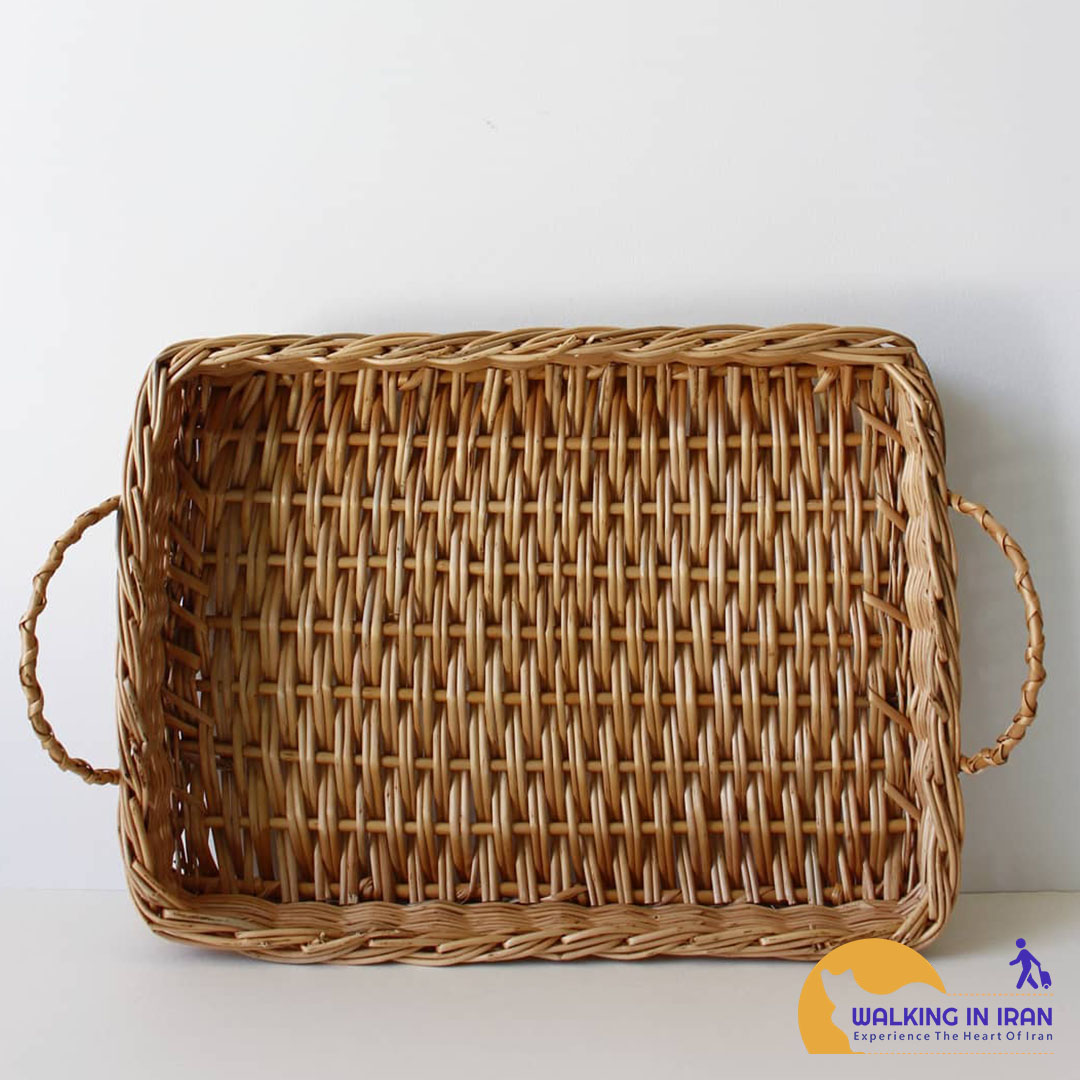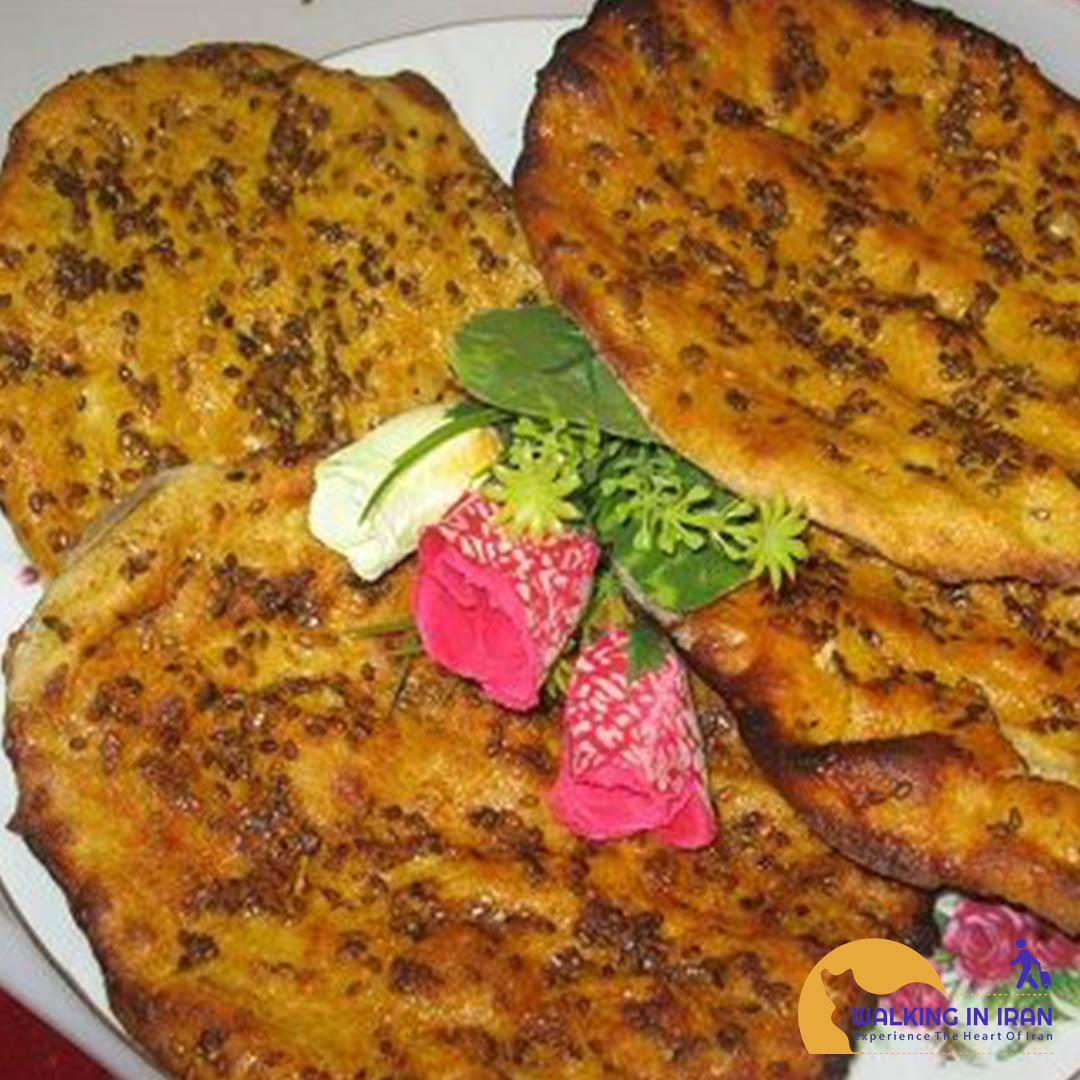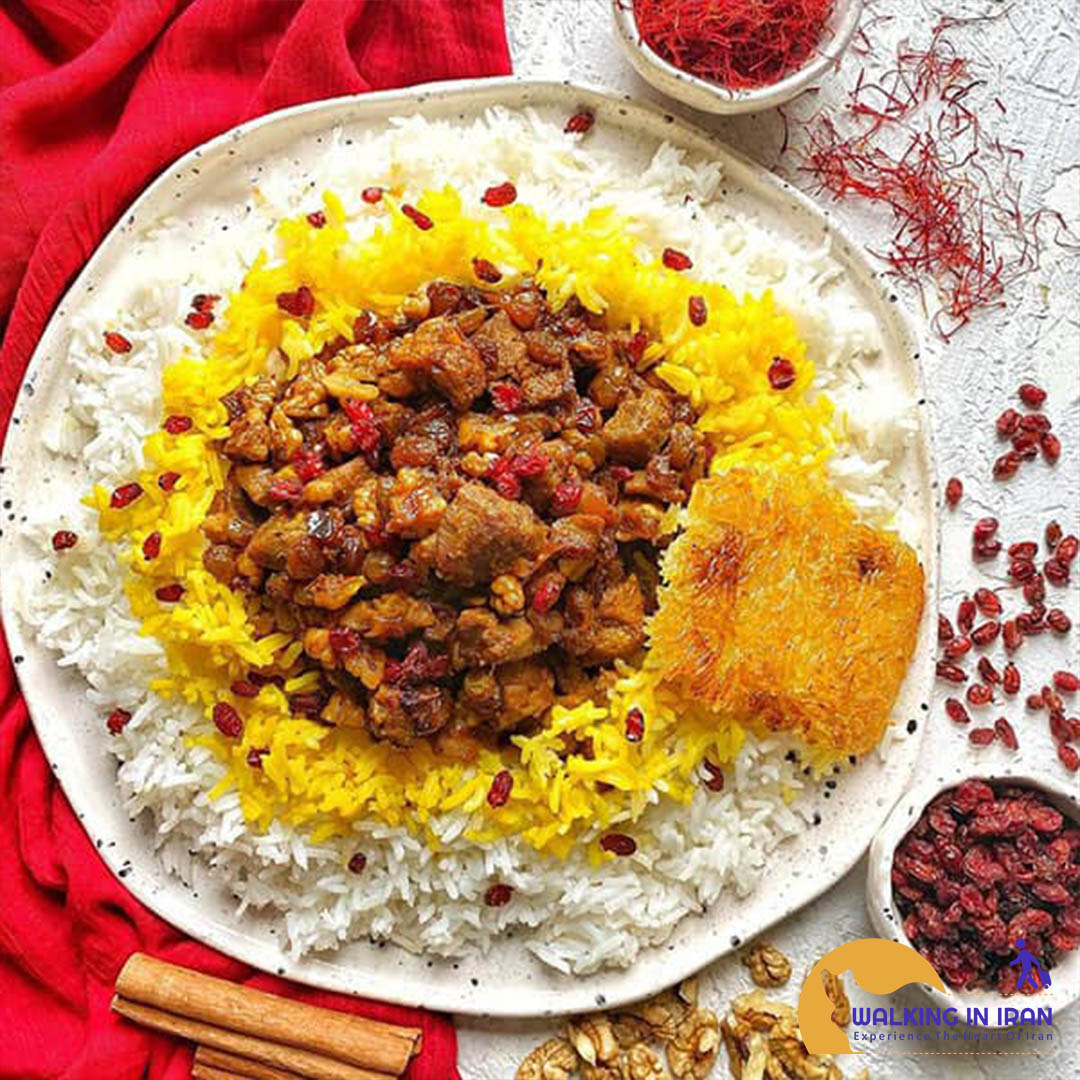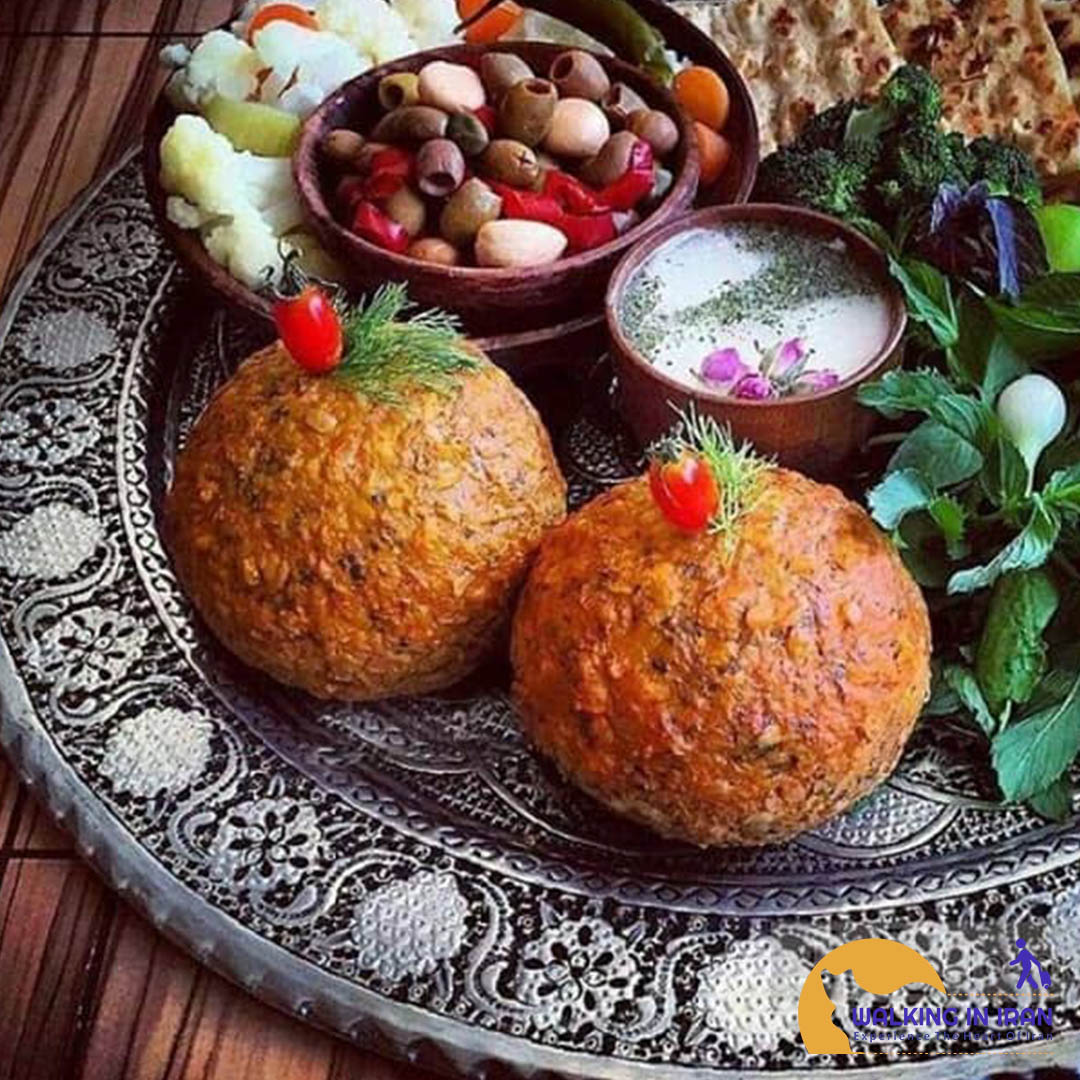Marvar Weaving in Iran: The Delicacy of Woven Wicker Baskets
Marvar weaving is another beautiful Iranian handicraft in which thin, flexible stems of a plant called marvar are used to weave various types of baskets, mats, and decorative objects. This art is particularly popular due to the delicacy and beauty of its designs, as well as the diverse applications of its products.
History of Marvar Weaving
Marvar weaving has a long history in Iran and has been prevalent in many rural areas, especially in the north of the country. For a long time, rural women have used marvar stems to weave baskets for carrying agricultural products, storing food, and personal belongings.
Raw Materials and Tools Required
- Marvar stems: The most important raw material in marvar weaving is the stems of the marvar plant, which are cut into the required sizes after harvesting and drying.
- Knife: For cutting the stems
- Scissors: For shortening and tidying the stems
- Weaving needle: For joining the stems together and creating the weave
- Mold: For creating different shapes in baskets and woven objects
Manufacturing Stages
- Preparing the stems: After harvesting and drying, the marvar stems are peeled and cut into equal lengths.
- Softening the stems: Sometimes the stems are soaked in water for a while to become soft and flexible.
- Weaving: Using a weaving needle, the stems are joined together in a circular or woven manner to create the desired shape.
- Final finishing: After weaving is completed, the product is polished with oil or other natural materials to become shiny and have a longer life.
Applications of Marvar Weaving Products
- Basket: Marvar woven baskets are used in various sizes and designs to hold fruits, vegetables, bread, and other food items.
- Mats: Marvar woven mats are used for sitting or placing decorative objects.
- Decorative objects: Marvar stems can be used to make decorative objects such as vases, keychains, photo frames, and more.
Importance of Preserving the Art of Marvar Weaving
With industrialization and the entry of plastic products into the market, the art of marvar weaving has been in danger of being forgotten. However, efforts have been made in recent years to revive this art. Preserving this art is important for the following reasons:
- Preserving cultural heritage: Marvar weaving is part of Iran’s cultural heritage, and preserving it means preserving our cultural identity.
- Creating employment: Teaching and developing the art of marvar weaving can help create jobs and income for artists and villagers.
- Promoting tourism: Marvar woven products can be offered as local souvenirs to tourists and thus help boost tourism.




Join The Discussion